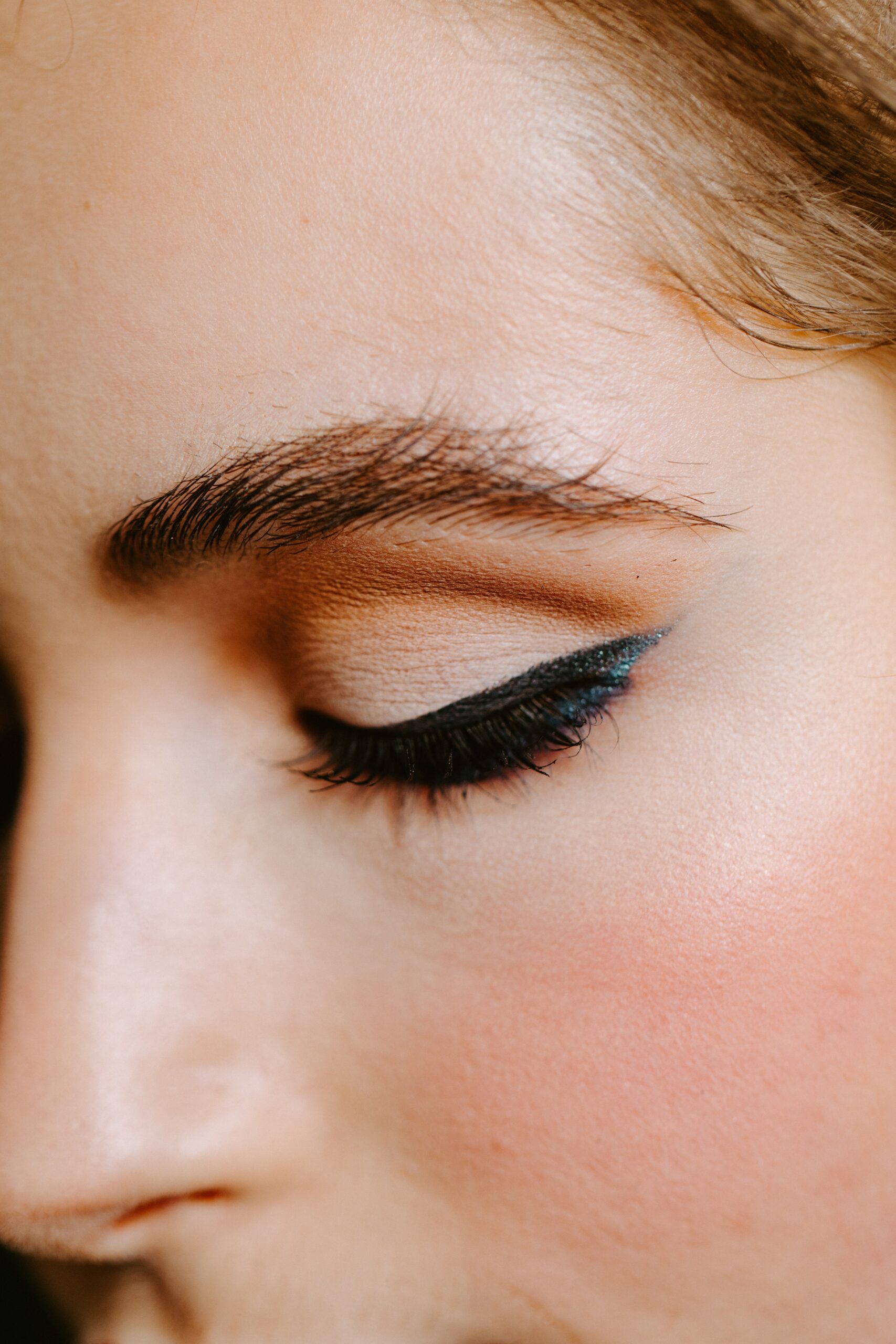Swipe up!
Influencer marketing has become an immensely popular strategy for promoting products and services, offering mutual benefits for both influencers and brands. However, many influencers and sponsoring companies are unaware of the risks related to advertising, unfair competition, and trademark laws that arise from such partnerships.
One recent lawsuit, Petunia Products, Inc. v. Rodan & Fields, LLC and Molly Sims, (yes, that Molly Sims) arose when Ms. Sims endorsed and blogged about a Rodan & Fields product called “Brow Defining Boost.” The plaintiff, Petunia Products, (doing business as “Billion Dollar Beauty“) argued that Sims’ actions infringed on their trademark, BROWBOOST.
Petunia Products sued Rodan & Fields and Molly Sims for trademark infringement for use of the “Brow Defining Boost” product name.
Remember: to successfully show trademark infringement, the plaintiff must demonstrate that (i) the defendant used their trademark in commerce and (ii) that such use is likely to cause consumer confusion regarding the product’s source.
Sims argued that as a third-party discussing an infringing product created and sold by someone else, she should not be held liable. However, the court disagreed, ruling against Sims on the trademark infringement claim. The court’s decision relied on several factors:
- Sims post was “sponsored” by Rodan & Fields, and the post contained links directing readers to Rodan & Fields’ website to purchase “Brow Defining Boost.” Consequently, the court deemed the post as a paid advertisement and commercial in nature
- The similarities between Rodan & Fields’ eyebrow products and BROWBOOST in name
- The similarities between Rodan & Fields’ marketing channels
What does this ruling mean?
This ruling is likely to establish a precedent for future trademark infringement lawsuits involving social media influencers. Influencers are already subject to advertising laws, and the Federal Trade Commission has issued guidelines to ensure legal compliance for both influencers and companies. Now, influencers have been held directly liable for trademark-related infringement.
What should Influencers Learn about Trademarks and Brands?
To mitigate the risk of liability, influencers should exercise due diligence by verifying that the brands they collaborate with are not involved in trademark infringement or other forms of unfair competition. They should also demand indemnification provisions in agreements with brands to ensure they are indemnified against legal judgements due to trademark disputes.
Influencers should always consult an experienced attorney before signing any contracts to fully understand rights, responsibilities, and minimize financial risks.
